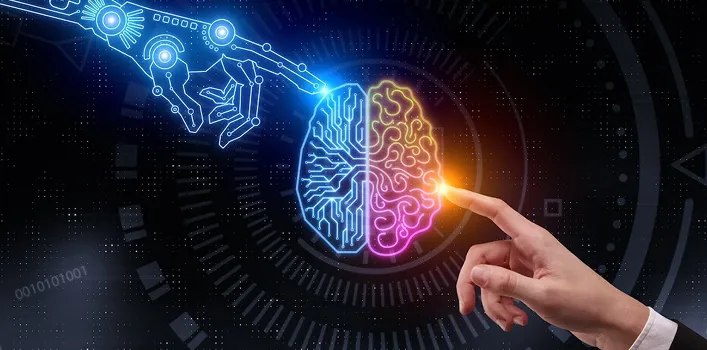
Ethical AI: Balancing Innovation with Responsibility in Machine Learning
By Faiz Ahmed Jiad
Artificial Intelligence (AI) and Machine Learning (ML) are revolutionizing industries, enhancing efficiency, and unlocking new opportunities. However, as AI adoption accelerates, ethical concerns surrounding bias, privacy, transparency, and accountability have come to the forefront. Striking the right balance between innovation and responsibility is essential to ensure that AI serves society fairly and ethically.
The Ethical Challenges of AI & Machine Learning
1. Bias in AI Models
AI systems learn from vast datasets, and if these datasets contain biases, the AI models can perpetuate or even amplify them. Algorithmic bias can lead to unfair treatment in hiring, lending, law enforcement, and healthcare.
Solution:
Use diverse and representative datasets.
Regularly audit AI models for bias and discrimination.
Implement fairness-aware algorithms to mitigate bias.
2. Privacy and Data Protection
AI-powered applications rely on massive amounts of user data, raising concerns about privacy and security. Unauthorized data usage or breaches can lead to significant ethical and legal issues.
Solution:
Implement data encryption and anonymization techniques.
Comply with global data protection regulations like GDPR and CCPA.
Ensure transparency in data collection and user consent mechanisms.
3. Lack of Transparency (Black Box AI)
Many AI models operate as black boxes, making it difficult to understand how they arrive at decisions. This lack of transparency raises trust and accountability issues.
Solution:
Use Explainable AI (XAI) techniques to improve interpretability.
Develop AI systems with clear documentation on decision-making processes.
Promote open-source AI frameworks for greater transparency.
4. Accountability in AI Decision-Making
Who is responsible when an AI-driven system makes a mistake? Defining accountability in AI-driven decisions is a key ethical challenge, particularly in autonomous systems like self-driving cars and AI-assisted medical diagnoses.
Solution:
Establish legal frameworks for AI accountability.
Require human oversight in critical AI decisions.
Implement AI ethics committees in organizations to oversee AI governance.
5. Impact on Jobs and Workforce Displacement
AI automation is transforming the job market, eliminating some roles while creating new ones. Ensuring equitable workforce transitions is crucial to prevent job displacement crises.
Solution:
Invest in reskilling and upskilling programs for employees.
Promote AI-human collaboration rather than full automation.
Implement policies for fair AI-driven employment practices.
Building Ethical AI: Best Practices
1. Develop AI with a Human-Centric Approach
AI should enhance human well-being rather than replace human judgment. Ethical AI development must consider the social and human impact of AI systems.
2. Ensure AI Governance and Regulation Compliance
Governments and organizations must work together to establish clear AI ethics policies and regulations that address fairness, transparency, and accountability.
3. Encourage Multi-Stakeholder Collaboration
Ethical AI requires input from AI researchers, policymakers, businesses, and civil society. Open discussions can lead to responsible AI innovation.
4. Implement Continuous AI Audits and Ethical Assessments
AI systems should be regularly evaluated for bias, fairness, security, and compliance to ensure they align with ethical standards.
The Future of Ethical AI
As AI continues to evolve, the ethical challenges will become more complex. However, by implementing responsible AI principles, businesses and governments can create trustworthy AI systems that benefit society while mitigating risks.
Final Thoughts
Balancing AI innovation with ethical responsibility is not just a regulatory requirement but a moral obligation. Organizations that prioritize ethical AI practices will gain consumer trust, ensure compliance, and foster sustainable AI-driven progress.Why Enterprises Are Moving Back to Custom Software in 2026






























